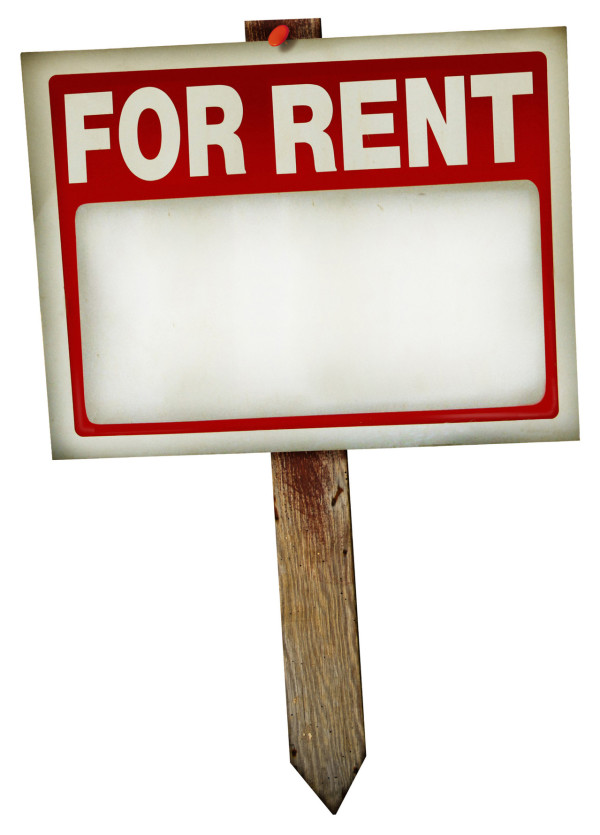- July 19, 2017
- Posted by: Liam Dai
- Category: Uncategorized

Landlord Insurance: Ways to Minimize Your Liability
If you’re a landlord, you know that protecting your investment property can seem like a mythical Hydra: you slay one head, only for three more to appear! From keeping your property up to code to dealing with late rent, do landlords ever catch a break?
Furthermore, do you know how you’re leaving your business exposed to liability concerns? Lawsuits can be expensive, but they can also be prevented with a little forethought. In this article, we’ll cover a number of ways that landlords can protect themselves from lawsuits in simple but effective ways so that you can collect the rent worry-free.
Purchase the Correct Insurance for Your Property and Business
Having the right insurance for your property can save you significant costs associated with tenants, wear-and-tear, and other events. Purchasing an adequate landlord insurance policy is especially important; remember that homeowners insurance protects your house, property, and family, but could rendered exempt by your insurer if a) you do not live on the property yourself or b) is part of the exclusions of your policy.
This is where consulting an expert insurance advisor can be especially helpful. Instead of crossing your fingers and hoping nothing happens, an insurance advisor can explain your policies, find the best coverage, and ultimately save you cash on premiums, deductibles, and potential claims.
Is Your Property Physically Sound?
While you may have considered renting out that dilapidated property you own, remember that any problems with the physical structure can not only lead to injuries, but also expose you to vast liability issues—especially if you’re found to be egregiously negligent. Luckily, there are some basic legal requirements in place for maintaining your property.
Every landlord must comply with something known as “implied warranty of habitability.” While it may be a mouthful, this legal rule basically states that you must ensure that your rental properties are in a “fit and habitable” condition when tenants first move in. Additionally, you must maintain the condition of this property throughout your renters’ tenancy. Implied warranty of habitability varies by county and state, with every property subject to building codes, health codes, fire codes, safety codes, etc. and you must keep your properties compliant.
If you’re unsure of how habitable your property is, it is not an unwise decision to minimize your liability by hiring a building inspector. Certain defects that may seem benign may be exposed to be larger problems (ex. a faulty roof may be related to mold damage) that need to be taken care are often brought to light by a professional. This may be a process, as first you must find the problems, then bring them “up to code.” Be sure to keep all signed and official documents in the event that you’re brought to court, as this will give you documentation of your intent to be compliant.
Of course, taking reasonable steps to prevent injuries and loss of property is always a smart decision to prevent mishaps in the first place. Make sure to inspect your property regularly and take your tenants’ repair requests seriously. And if you don’t have the ability to immediately address the problem, be sure to indicate potentially-hazardous situations by using obvious indicators like cones, caution tape, and warning signs.
Removing Environmental Hazards
One common problem of older homes is environmental hazards. Because of older building standards and construction practices, your property may contain a number of hazards that may remain hidden until they become a problem. For instance, asbestos and lead paint can cause serious harm to your tenants that may not be apparent until months or years later. Pest infestations are another example which may have been dormant or minimized during your stay (or by previous tenants) at the property, but a messy tenant could trigger rats, roaches, ants, and so forth, that can severely degrade the habitability of the home, leading to lawsuits.
Here a few things you can do to minimize your liability in this regard before they cause extensive damage:
- Contractually require your tenants to immediately report all instances of pests, pipe leaks, or sudden health issues related to your property.
- Make sure that your appliances and HVAC (heating, ventilation, and air-conditioning) units are up-to-date and properly working.
- Install carbon monoxide detectors.
- Ensure that your employees or independent contractors are insured and compliant with federal testing requirement before beginning work on your property.
* * *
As you can see, there’s many ways that landlords can be exposed to liability and subsequently brought to court. In Part 2, we’ll take a look at even more ways that landlords can be held liable.
Hiring an expert in insurance can mean the difference between paying out-of-pocket or avoiding legal proceedings altogether. Contact the insurance advisors at Riskblock today to help you determine where your investment property can protect itself and generate income for years to come.
